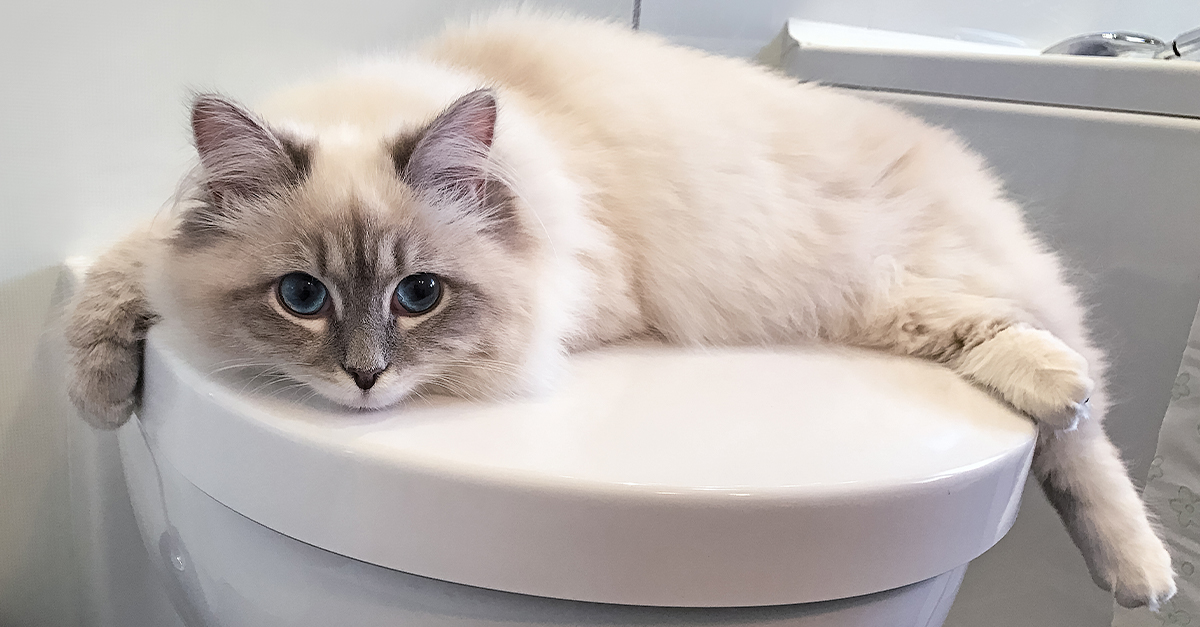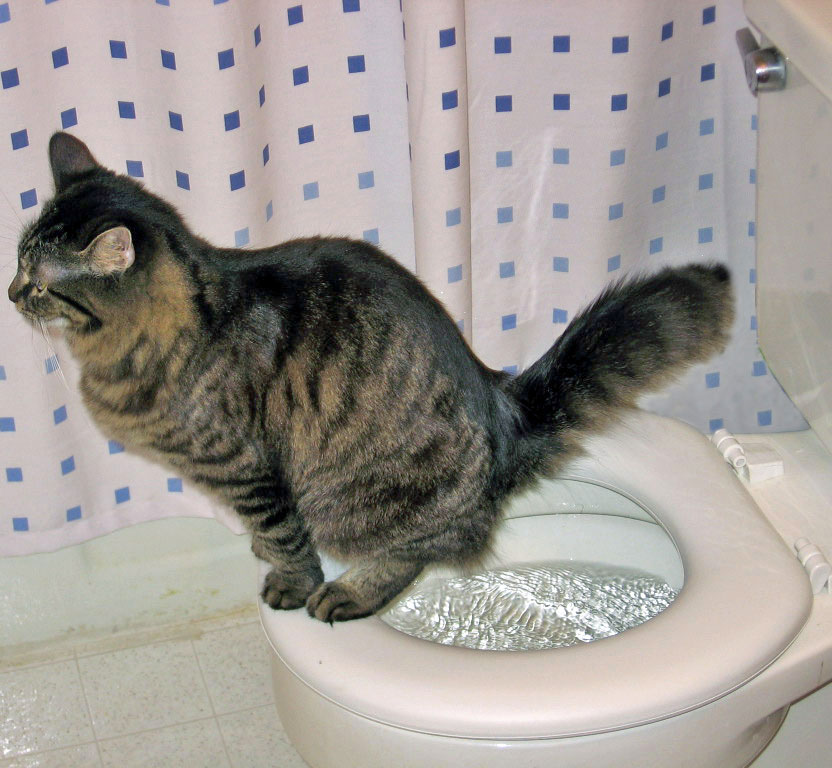Why Flushing Cat Poop Down Your Toilet Isn't a Good Idea - Tips for Safer Disposal
This PageListed here in the next paragraph you can get a lot of amazing tips in relation to Can You Flush Cat Poop Down The Toilet?.

Intro
As cat owners, it's important to bear in mind exactly how we deal with our feline pals' waste. While it might seem convenient to purge cat poop down the toilet, this method can have detrimental consequences for both the environment and human health.
Alternatives to Flushing
Luckily, there are much safer and more responsible means to dispose of pet cat poop. Think about the following choices:
1. Scoop and Dispose in Trash
The most usual technique of getting rid of pet cat poop is to scoop it into a biodegradable bag and throw it in the garbage. Be sure to make use of a specialized trash scoop and get rid of the waste immediately.
2. Use Biodegradable Litter
Go with eco-friendly pet cat litter made from products such as corn or wheat. These litters are eco-friendly and can be safely taken care of in the garbage.
3. Bury in the Yard
If you have a yard, think about burying pet cat waste in a marked location far from veggie gardens and water resources. Make sure to dig deep sufficient to prevent contamination of groundwater.
4. Install a Pet Waste Disposal System
Buy a family pet waste disposal system especially designed for feline waste. These systems use enzymes to break down the waste, lowering smell and environmental effect.
Health Risks
In addition to ecological concerns, purging feline waste can also posture health and wellness threats to human beings. Cat feces may contain Toxoplasma gondii, a parasite that can trigger toxoplasmosis-- a possibly severe disease, particularly for expectant women and people with damaged body immune systems.
Environmental Impact
Purging cat poop introduces hazardous virus and bloodsuckers right into the water, posing a considerable risk to marine environments. These contaminants can negatively influence aquatic life and compromise water high quality.
Verdict
Liable family pet possession extends beyond providing food and shelter-- it additionally involves correct waste management. By refraining from flushing feline poop down the commode and selecting alternative disposal methods, we can minimize our ecological impact and secure human wellness.
Why Can’t I Flush Cat Poop?
It Spreads a Parasite
Cats are frequently infected with a parasite called toxoplasma gondii. The parasite causes an infection called toxoplasmosis. It is usually harmless to cats. The parasite only uses cat poop as a host for its eggs. Otherwise, the cat’s immune system usually keeps the infection at low enough levels to maintain its own health. But it does not stop the develop of eggs. These eggs are tiny and surprisingly tough. They may survive for a year before they begin to grow. But that’s the problem.
Our wastewater system is not designed to deal with toxoplasmosis eggs. Instead, most eggs will flush from your toilet into sewers and wastewater management plants. After the sewage is treated for many other harmful things in it, it is typically released into local rivers, lakes, or oceans. Here, the toxoplasmosis eggs can find new hosts, including starfish, crabs, otters, and many other wildlife. For many, this is a significant risk to their health. Toxoplasmosis can also end up infecting water sources that are important for agriculture, which means our deer, pigs, and sheep can get infected too.
Is There Risk to Humans?
There can be a risk to human life from flushing cat poop down the toilet. If you do so, the parasites from your cat’s poop can end up in shellfish, game animals, or livestock. If this meat is then served raw or undercooked, the people who eat it can get sick.
In fact, according to the CDC, 40 million people in the United States are infected with toxoplasma gondii. They get it from exposure to infected seafood, or from some kind of cat poop contamination, like drinking from a stream that is contaminated or touching anything that has come into contact with cat poop. That includes just cleaning a cat litter box.
Most people who get infected with these parasites will not develop any symptoms. However, for pregnant women or for those with compromised immune systems, the parasite can cause severe health problems.
How to Handle Cat Poop
The best way to handle cat poop is actually to clean the box more often. The eggs that the parasite sheds will not become active until one to five days after the cat poops. That means that if you clean daily, you’re much less likely to come into direct contact with infectious eggs.
That said, always dispose of cat poop in the garbage and not down the toilet. Wash your hands before and after you clean the litter box, and bring the bag of poop right outside to your garbage bins.
https://trenchlesssolutionsusa.com/why-cant-i-flush-cat-poop/

As a fervent reader about Can You Flush Cat Poop Down The Toilet?, I assumed sharing that excerpt was a great idea. Sharing is good. Helping people is fun. We treasure reading our article about Can You Flush Cat Poop Down The Toilet?.
Additional Information